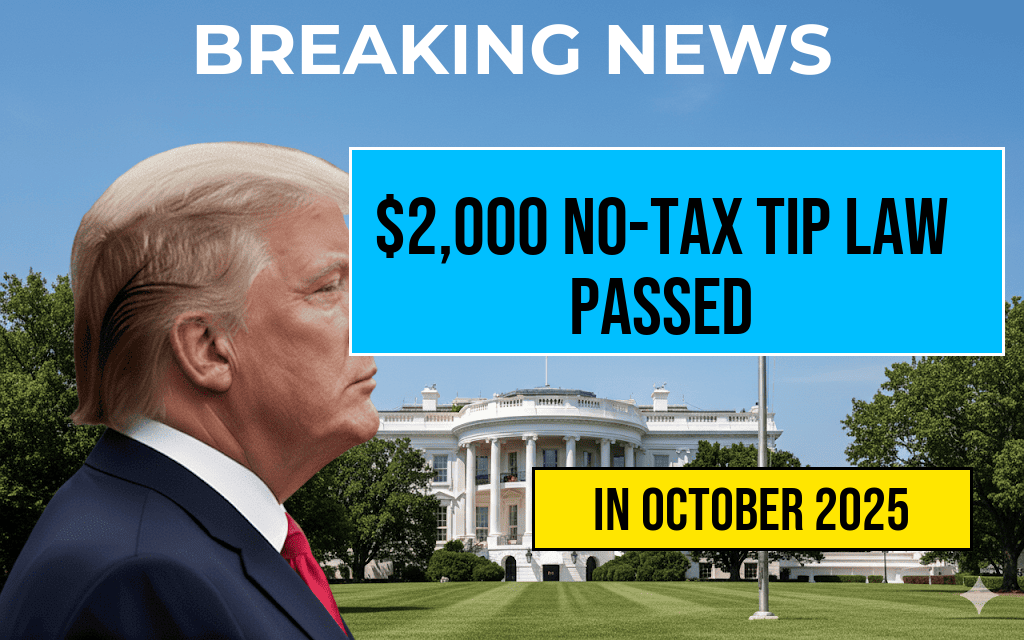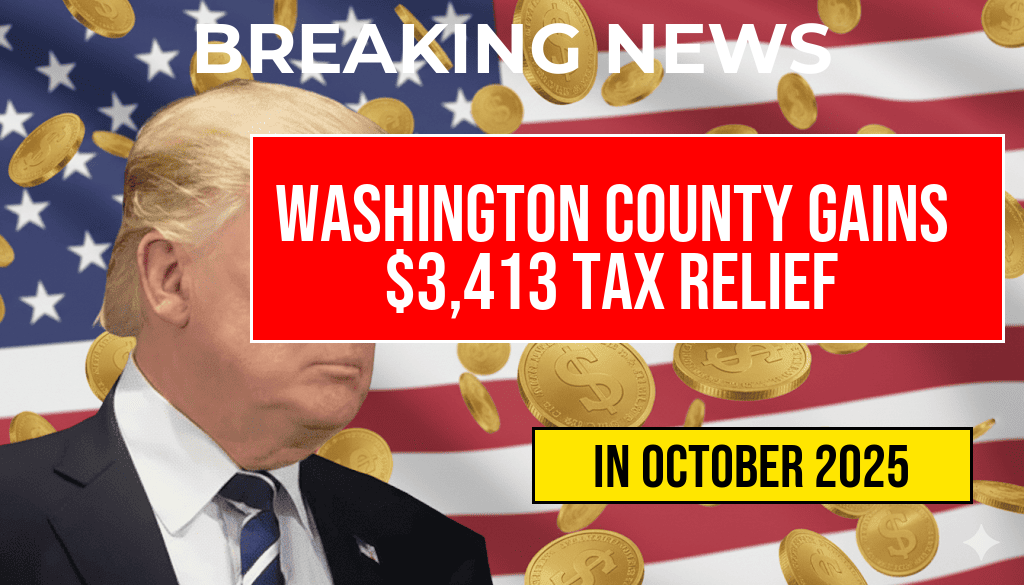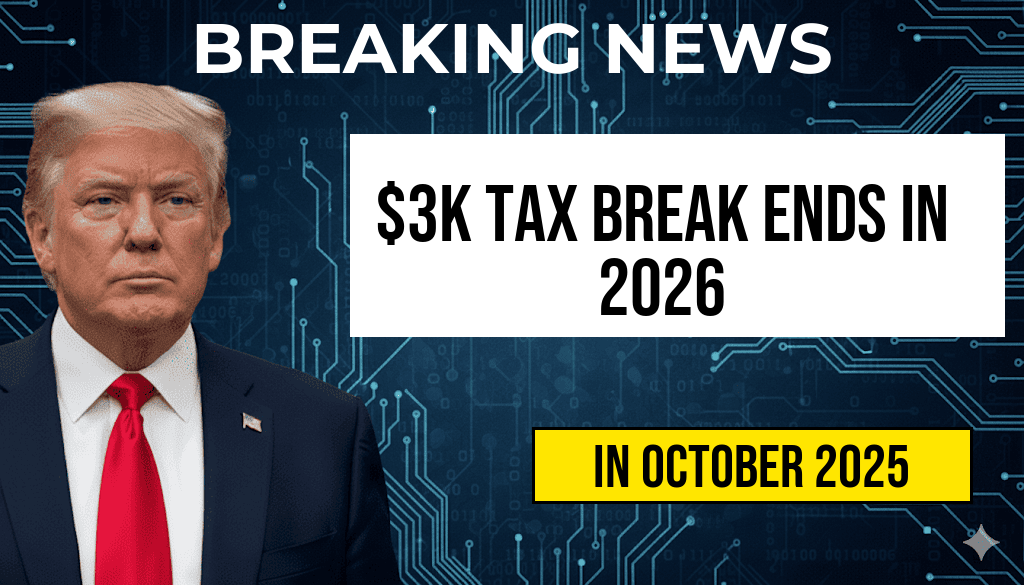The recent enactment of legislation allowing for a $2,000 no-tax tip benefit has generated significant attention across the hospitality and service industries. This new law, which aims to support workers amid economic fluctuations, permits customers to give tips up to this amount without the usual tax obligations. While the measure offers immediate financial relief to tipped employees, it also raises questions about compliance, reporting requirements, and potential impacts on business operations. As stakeholders prepare to navigate this change, understanding its scope and implications becomes essential for both consumers and employers.
Legislative Overview and Intent
What the New Law Entails
- The legislation, enacted by federal authorities, permits customers to give tipped employees up to $2,000 as a tax-free gift in a single calendar year.
- It is designed to provide financial support for workers in sectors heavily reliant on tips, such as hospitality, food service, and personal care.
- The law effectively increases the previous thresholds, which typically required reporting for tips exceeding $20 per month or $120 annually.
- Legal provisions specify that these tips are considered gifts rather than taxable income, provided they stay within the specified limit.
Policy Goals and Rationale
Officials behind the legislation argue that this measure is intended to bolster the income stability of service workers, many of whom have faced economic hardship during recent downturns and labor shortages. By exempting larger tip amounts from taxation, the law seeks to incentivize generous giving while simplifying compliance procedures for businesses and consumers alike.
Implications for Service Industry Workers and Employers
Financial Impact
| Tip Amount | Tax Liability | Net Benefit |
|---|---|---|
| $2,000 (per year) | Exempt from federal income tax | Full amount retained by worker |
| $1,000 | Fully tax-exempt | $1,000 plus additional tips |
| $3,000 | $1,000 taxable (above threshold) | First $2,000 tax-free, excess taxable |
Operational Considerations for Businesses
- Employers may need to adjust their tip reporting and record-keeping systems to accommodate larger gifts.
- Clear communication with staff about the new law and its limits is vital to ensure compliance.
- Some businesses might experience a shift in tipping behaviors, potentially leading to increased cash flow for employees.
- Tax authorities could increase audits or scrutiny on tip reporting, prompting companies to review their internal controls.
Legal and Taxation Framework
Tax Treatment of Tips and Gifts
While tips are generally considered taxable income, the new legislation classifies up to $2,000 received as a gift, which is not subject to federal income tax. However, the distinction hinges on the nature of the transfer and the intent of the giver. The law emphasizes that these gifts should be voluntary and not tied directly to the provision of services.
Reporting Requirements and Compliance
Employees receiving large tips should document the amounts received, especially if they approach the new threshold. Employers may need to update their payroll systems and ensure proper reporting to the IRS. Failure to comply with reporting obligations could result in penalties or audits.
Potential Risks and Criticisms
Impact on Tax Revenue
Tax analysts warn that the law could lead to a decline in tax revenue, as larger tip gifts escape taxation, which traditionally funds various federal programs. Critics argue that this may disproportionately benefit higher-earning workers and could complicate tax enforcement efforts.
Equity and Fairness Concerns
Some consumer advocates express concern that the policy might incentivize excessive tipping in certain establishments, creating disparities among workers based on customer generosity. Additionally, small businesses might face administrative burdens in managing larger cash tips.
Looking Ahead: Industry and Policy Responses
Stakeholder Reactions
- Workers: Many see the law as a welcome boost to their earnings, especially during challenging economic periods.
- Employers: Hospitality businesses are assessing the need for revised training and reporting protocols.
- Tax Authorities: The IRS plans to monitor compliance and issue guidance to clarify reporting procedures.
Additional Resources
As the legislation begins to influence industry practices, both consumers and businesses will need to adapt quickly. Clear communication, diligent record-keeping, and awareness of legal boundaries will be essential in navigating this new tipping landscape.
Frequently Asked Questions
What is the main purpose of the Two-Thousand Dollar No-Tax Tip Benefit Legislation?
The legislation aims to provide a $2,000 no-tax tip benefit to qualifying workers, helping to support employees who rely heavily on tips while also influencing tax policies and employer reporting requirements.
Who qualifies for the no-tax tip benefit under this legislation?
Eligible individuals typically include service industry workers such as restaurant servers, bartenders, and other tipped employees who meet specific criteria outlined in the legislation.
How will this legislation impact employers and payroll reporting?
Employers may need to adjust their payroll systems to accommodate the $2,000 tip benefit and ensure proper tax reporting, potentially affecting tax withholding and employee earnings documentation.
When does the legislation take effect, and what should workers do to prepare?
The legislation’s effective date will vary depending on the jurisdiction, but workers and employers should begin preparing by reviewing tax implications and consulting with financial or legal advisors to understand the impact on income reporting.
Are there any limitations or conditions associated with the $2,000 no-tax tip benefit?
Yes, there are specific eligibility criteria and conditions, such as the type of work and tip amounts received, that determine whether an individual qualifies for the full $2,000 benefit without tax implications.








